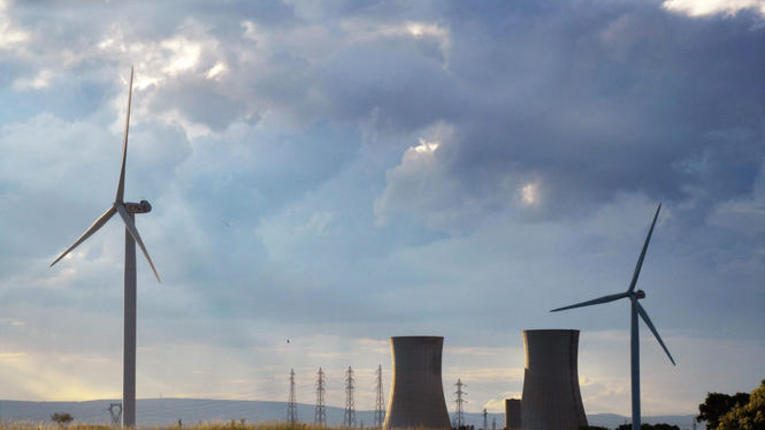Dear Colleagues, I wish you a successful year for 2018 and thank you all for your contributions to the life and dynamism of the Tyndall Centre for both the old year and the new one. And if you are reading this as a visitor to our website. First, welcome to the Tyndall Centre and thank you for visiting. Second, please do contact us with your insights and ideas on how the Tyndall Centre can continue to make a valuable difference.
For me, 2017 has been particularly marked by the development of new thinking in the Tyndall Centre, and across our research world, on how we best support climate change responses in a post Paris Agreement world. Our new research foci elaborated at the Tyndall Assembly in Newcastle, will see us lead thinking on how to overcome poverty with climate actions, accelerate social transitions, build resilience to climate risks, and reach net zero emissions. These are all crucial aspects of addressing climate change, and our leadership will make substantial contributions.
As always, I continue to be inspired by the dedication and originality of Tyndall researchers. Activities this year have been most varied, with Tyndall partners organising and contributing to multiple events, including on disruptive innovation, public perceptions at a range of actions and scales, urban resilience and now also development, high-end climate change, water security and adaptation, bioenergy and BECCS (Bioenergy with Carbon Capture and Storage), fostering new thinking in aviation and shipping, Brexit, climate communications, and the annual UN Climate Conference.
I note particularly the work of Tyndall colleagues on the implications of 1.5oC and 2oC warming, funded by UK BEIS (Business Energy and Industrial Strategy), and new work on urban development in Africa, funded by UK’s NERC (Natural Environment Research Council) under the GCRF (Global Challenge Research Fund), now the backbone of another large Tyndall research proposal. Our unique Travel Strategy for climate researchers continues to be visible, with interest shown by colleagues at Stockholm University, ETH, Zurich University, IPSL, and MIT.
2017 also marked the last year of our 2012-2017 Research Strategy. I went back and had a look at what we aimed to do at the start, and I am very pleased that most our original plan has been addressed in some way, and that additional topics had emerged also. The presence of many current and former Tyndall researchers on the Web of Science’s Highly Cited Researchers list for 2017 is one measure of quality of our output, congratulations! A review of our achievements and challenges for the old strategy will soon be published s as well as the new Strategy itself.
Finally I could not be more pleased to see Asher Minns back in Tyndall after two years with Future Earth, in a new role of executive director where he takes charge of operations and is there to help you deliver your potential. We also have a fresh new web site with a new look. I invite you to get in touch with Asher and make the most of the opportunities that the Tyndall Centre can offer to support your work. Supporting early career researchers will be one specific focus for this year. I also welcome our newly refreshed Tyndall Council, re-orientated for the challenge of our new Research Strategy.
2018 is the start of our new Research Strategy. I look forward to seeing the Tyndall network continue to flourish on the local, national, and international scenes, continue to influence policies and responses with the best evidence and expertise, and to continue to support inform debates and actions on climate change.
I repeat my invitation to our web visitors to also contact Asher for your ideas about the Tyndall Centre’s ongoing mission to make a difference with our research and expertise.








